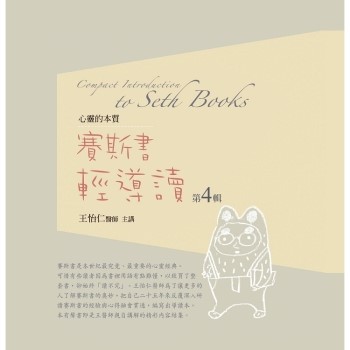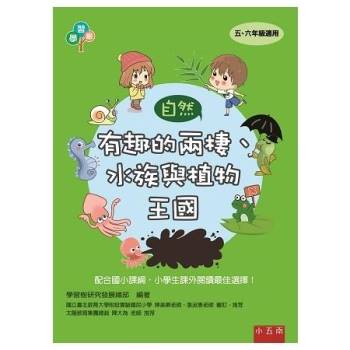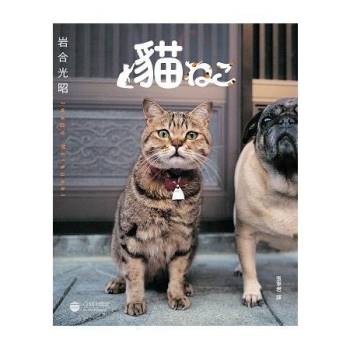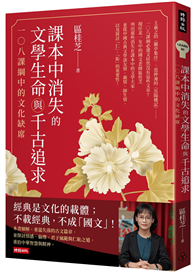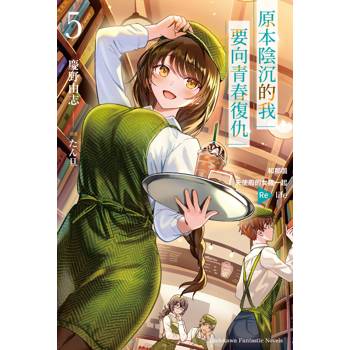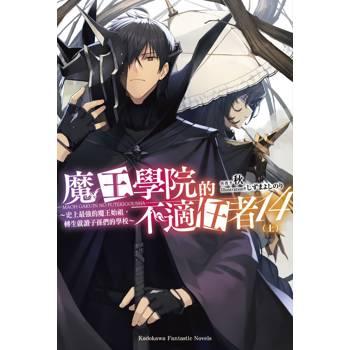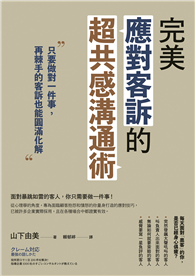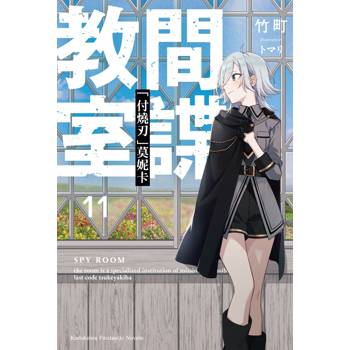| FindBook |
|
有 1 項符合
John Randolph Dos Passos的圖書 |
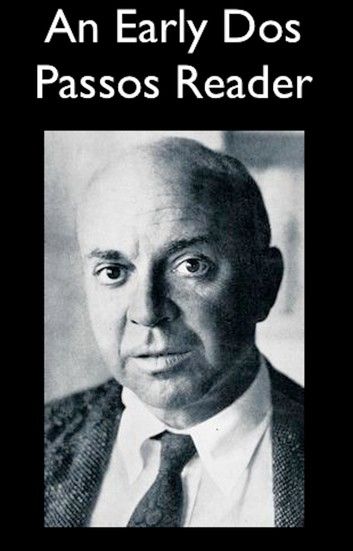 |
$ 90 電子書 | The Early Dos Passos Reader
作者:John Dos Passos,John Randolph Dos Passos,Ronald J. Leach 出版社:AfterMath 出版日期:2012-12-01 語言:英文  看圖書介紹 看圖書介紹
|
|
|
This volume contains the following works of John Dos Passos:
One Man’s Initiation - 1917
Three Soldiers
Rosinante to the Road Again
A Pushcart at the Curb
It also contains a nineteenth century polemic by his father, John Randolph Dos Passos, about why the United States should recognize Cuba.
John Dos Passos was born in Chicago in 1896 out of wedlock. His father, John Randolph Do Passos, was married when the younger John Dos Passos was born. Although the father married John’s mother after the death of his wife in 1910 when young John Dos Passos was 14, he did not acknowledge John as his son until he turned 16. Not surprisingly, John Dos Passos often opposed his father’s published positions.
In spite of these familial difficulties, the younger John Dos Passos benefitted from an expensive, first-class education, all presumably, paid for by his father. He enrolled at what now is called Choate Rosemary Hall preparatory school in Connecticut and then traveled with a private tutor on a six-month tour to study art, architecture, and literature.
After he graduated from Harvard in 1916, he went to Spain, where he volunteered as an ambulance driver during World War I before the United States entered the war. In 1918, he enlisted in the U. S. Army Medical Corps. During this time, he completed a draft of his first novel, One Man's Initiation: 1917, which began his career as a highly successful writer. He was a volunteer ambulance driver in Spain and enlisted in the U. S. Army Medical Corps during World War I.
After he started writing as a career, he became friends with Ernest Hemingway and several other writers of the “lost generation.” He soon began to see the United States as two nations, one rich and one poor. He spent several months in Russia studying socialism in 1928. In the 1930s, he served on The American Committee for the Defense of Leon Trotsky (the so-called Dewey Commission) that had been set up following the first of the Moscow “Show Trials” in 1936.
He returned to Spain during the Spanish Civil War, but his views on the Communists and Communism had already begun to change. Dos Passos broke with Hemingway and others over attitudes towards the war and Stalinism and willingness to lend their names to deceptive Stalinist propaganda.
He would later write: "I have come to think, especially since my trip to Spain, that civil liberties must be protected at every stage.”
He continued his career as a writer with the publication of numerous other books, over thirty-seven of which were published. The last was published in 1970, the year of his death in Baltimore.
John Dos Passos is probably best known today for his U.S.A trilogy. Unfortunately, since these three books were published in the 1930s, they do not appear to be available in the public domain in the United States. Hence, they are not included in this anthology. A motivated reader can probably find a version of these books on the Internet.
In 1947, he was elected to membership in the prestigious American Academy of Arts and Letters.
His father, John Randolph Dos Passos was an authority on trusts and supported many of the most powerful conglomerates and cartels in his writings. Not surprisingly, given the obviously tense and complex relationship between father and son, the younger John Dos Passos wrote in opposition to many of his father’s published positions in many of his books.
|

